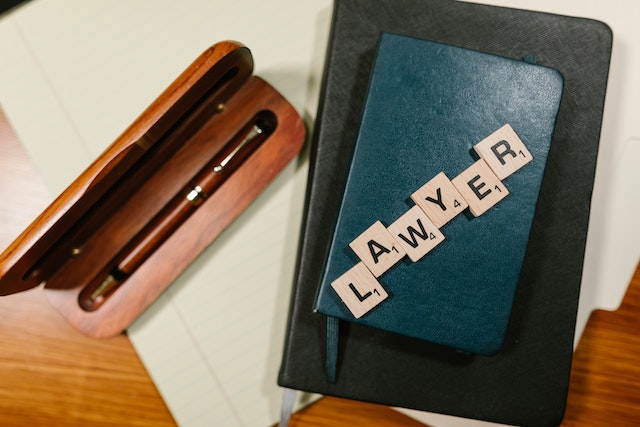Personal injury lawyers help you get compensated when you have been injured through no fault of your own. However, before hiring a personal injury lawyer such as Fasig Brooks Law Offices, you should ask them some key questions to ensure they are the right fit. Here are 10 questions you should ask a personal injury lawyer before hiring them to ensure they can provide you with the best representation and outcome. If you’re in Broward County, it’s crucial to find a personal injury attorney Broward County residents trust, who have a proven track record of success in handling cases similar to yours.

What is your experience with personal injury cases?
Different types of personal injury cases have their own challenges, and the lawyer you hire should have experience handling your specific case. A lawyer with experience in your type of case will be able to quickly assess your case, understand your challenges, and identify potential solutions. For example, if you’ve been injured in a car accident, your lawyer should be experienced in handling car accident cases. This will give them an advantage in understanding the car accident investigation process, your challenges, and the best way to proceed with the case.
How will you keep me informed on my case?
Personal injury cases are complex and can take a long time to resolve. Throughout the process, you’ll want to be kept informed on the status of your case and where it’s at in the process. A good lawyer will explain their communication and case management strategy and keep you informed throughout the process. They should also be willing to meet with you regularly to discuss your case and provide an update.
What is the fee structure?
In most jurisdictions, personal injury cases are on a contingency fee basis. In your case, the lawyer you hire will be paid a certain percentage of the final settlement amount. This means that you’re not paying them a set fee upfront; instead, they are paid out of the final settlement amount you receive as a result of your case. It’s essential to find out how much the lawyer will be charging you as a percentage of the settlement amount and if any additional fees or costs are involved in the process. Ask these questions and discuss your expectations and goals for your case to ensure you are on the same page.
How long do you expect my case to take?
The length of time your case will take heavily depends on your case type, the facts of your case, and the evidence you have to prove your case. However, it’s essential to ask your lawyer how long they expect your case to take. This will give you an idea of the timeline of your case, the process, and what to expect during your case. Make sure to ask them about the possibilities of accelerating your case or what to do if it’s too long.
What is your success rate?
While past success doesn’t necessarily mean your case will be successful, it can be a good indicator of how your case might turn out. Be careful, though, because many factors affect a case’s outcome, most of which have nothing to do with the lawyer you hire. In general, most personal injury cases settle out of court. This means that you and the person you are suing agree to a settlement amount, and a judge or jury doesn’t decide the case. The final settlement amount isn’t always what you want it to be, and it can vary greatly depending on your case type, the facts, and the strength of your case.
Do you have any references?
The best way to find out how a lawyer is and what kind of lawyer they are is by asking for references. References are a great way to get an unbiased opinion from someone who used the lawyer’s services and can tell you what they are like as a lawyer and if they are any good. Most lawyers will gladly provide you with references from clients who have used their services in the past. Talk to as many references as possible, and ask them direct questions about their experience with the lawyer. This will help you better understand what the lawyer is like and if they are the right lawyer for you.
How will you investigate the facts of my case?
The facts of your case are important because they are the foundation of your case. They are what caused your injury and who is responsible for it. Your lawyer should be actively investigating the facts of your case as soon as you hire them and throughout your case. A good lawyer will have a strategic approach to analyzing your case and will use the best resources and tools to gather the facts of your case. There are many ways to gather the facts of your case, such as interviewing witnesses, inspecting the scene of your accident, reviewing medical and police records, etc. The best way to find out how your lawyer will investigate the facts of your case is to ask them directly.
Conclusion
A personal injury case can be a challenging and stressful experience, but it doesn’t have to be. By asking the right questions and getting to know a potential lawyer, you can significantly increase the likelihood of success.
















Add Your Comment